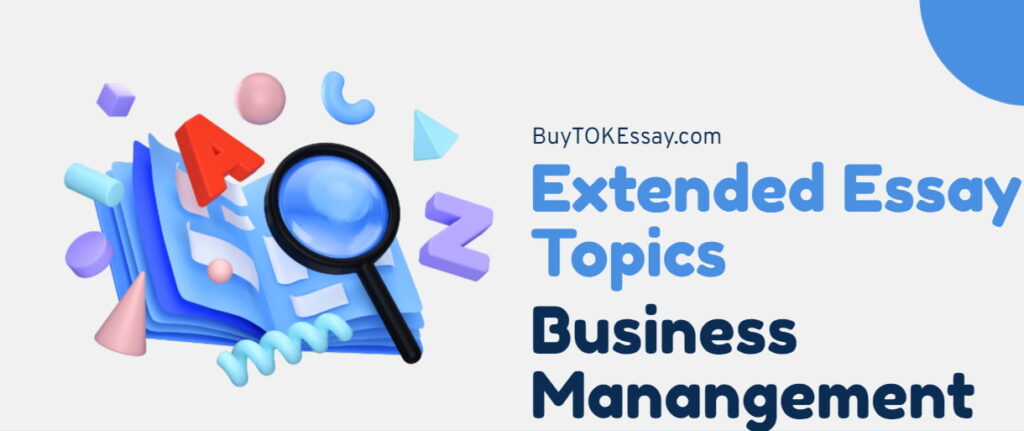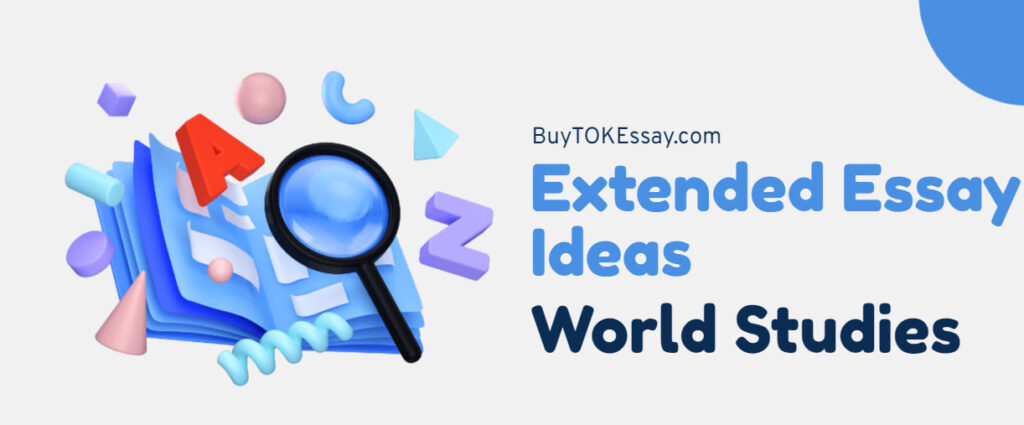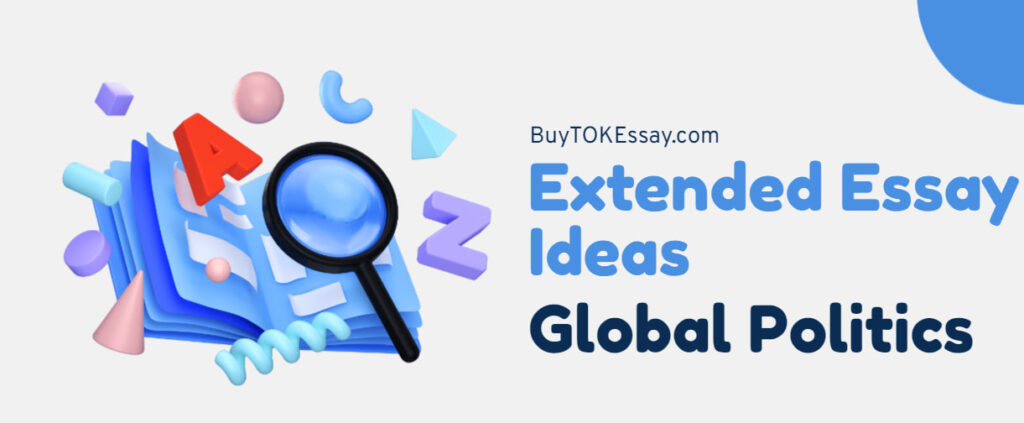The IB Theatre Studies extended essay is more than an academic assignment. It’s a stage on which you can showcase your passion for theater. In my years as an IB teacher, I’ve seen how this project can become a highlight of your Diploma Programme experience. As we all know, choosing the right Theatre Studies extended essay topics is crucial, and with this subject, you are starting deep academic research.
What Is an IB Theatre Studies Course?
From my experience, the IB Theatre Studies course is uniquely structured to challenge students intellectually, creatively, and emotionally. This course isn’t merely about learning to act and understanding theatre in a comprehensive, global context. According to general IB criteria, the aim is to develop students who can think critically about artistic expressions and situate them within cultural, political, and historical contexts.
The IB Theatre Studies program offers a holistic approach to learning. From Buy TOK Essay perspective, the students who benefit the most are those who engage in performance and critical analysis, theory, and the creative process of making theatre. Each course element complements the others, leading to a richer understanding of what theatre can communicate and accomplish.
One of the most enriching aspects of the IB curriculum, in my view, is its international-mindedness. Theatre Studies, in particular, allows you to investigate dramatic traditions worldwide, from classical Greek theatre to contemporary Asian performances. This global perspective is invaluable and can profoundly influence personal and artistic growth.
Maintaining a detailed portfolio as part of your coursework is not just a requirement but a critical tool for reflection. It allows you to track your progress, understand your strengths and areas for improvement, and maintain a record of your creative and analytical research.
Boost your project with these Theatre IA topics that align with IB standards and encourage unique, thought-provoking performances.
Theatre Studies Extended Essay Topics and Research Questions

In this section, I will give you some topic ideas and related research questions that might inspire your extended essay:
- The Evolution of Shakespearean Performance in Modern Theatre. How have modern interpretations of Shakespeare’s plays challenged traditional views on gender roles?
- Influence of Ancient Greek Theatre on Contemporary Western Performances. To what extent have Ancient Greek theatre’s themes and staging techniques influenced contemporary Western theatrical productions?
- The Role of Puppetry in Communicating Political Messages. How is puppetry used to communicate political messages in modern Eastern European theatres?
- Modern Adaptations of Classical Asian Theatre. How do modern adaptations of traditional Japanese Noh theatre incorporate contemporary themes and technology?
- Impact of Digital Technology on Set Design. What impact has digital technology had on set design in 21st-century theatre productions?
- Theatre as a Tool for Social Change. How effective is theatre as a tool for social change in South American countries?
- Cross-cultural Exchange in Theatre. How has cross-cultural exchange influenced theatrical practices in post-colonial societies?
- The Rise of Immersive Theatre in the Digital Age. To what extent has immersive theatre changed audience expectations and experiences in the digital age?
- The Representation of Mental Health in Contemporary Theatre. How is mental health portrayed in contemporary theatre, and what impact does this have on audience perceptions?
- The Use of Music and Sound in Non-musical Theatre Productions. How does the intentional use of music and sound influence the narrative of non-musical theatre productions?
- Comparative Analysis of Stage and Screen Acting Techniques. What are the differences in acting techniques required for stage versus screen, as demonstrated in the performances of a chosen actor who has excelled in both?
- Feminist Theatre: A Study of Pioneering Women Playwrights. How have women playwrights in the 20th century used theatre to challenge societal norms about gender?
- Theatre in Education: Strategies and Outcomes. What strategies are most effective in using theatre as an educational tool in primary education, and what outcomes does it produce?
- Eco-theatre: Promoting Environmental Awareness Through Performance. How do contemporary theatre productions incorporate ecological themes to promote environmental awareness?
- The Role of the Director in Modern Theatre Productions. What role does the director play in the conceptual transformation of a classic play for modern audiences?
- The Influence of Bertolt Brecht on Contemporary Theatre. How have Bertolt Brecht’s theories of ‘Epic Theatre’ influenced modern theatrical practices around the world?
- The Role of Costume Design in Character Development. How does costume design contribute to character development in contemporary stage productions?
- Theatre and Therapy: The Role of Drama Therapy in Modern Psychology. How effective is drama therapy as a psychological treatment, and what are its primary techniques and outcomes?
- The Renaissance of Indigenous Theatrical Forms. In what ways are indigenous theatrical forms being revived in modern performances, and what is their cultural significance today?
- Interdisciplinary Approaches in Theatre. How are interdisciplinary approaches integrating with traditional theatre to create new forms of performance art?
- Site-specific Theatre: The Dynamics of Performance in Unique Settings. How does the choice of unconventional locations impact the narrative and audience experience in site-specific theatre?
- Theatre for Young Audiences: Content, Accessibility, and Impact. What themes are most prevalent in theatre for young audiences, and how are these plays made accessible and engaging for children?
- The Business of Theatre: Commercial vs. Non-profit Models. How do commercial and non-profit theatre models differ regarding artistic freedom, funding, and audience engagement?
- The Use of Multimedia in Theatre Productions. What are the implications of multimedia elements in theatre productions, and how do they enhance or detract from the traditional theatre experience?
- Historical Accuracy vs. Artistic License in Period Plays. To what extent should theatre producers prioritize historical accuracy over artistic license in period plays?
- Adaptation of Novels into Plays: Challenges and Creative Strategies. What are the main challenges faced by playwrights in adapting novels into plays, and what creative strategies are most effective?
- The Impact of Audience Participation on Theatrical Performance. How does audience participation influence the outcome of a theatrical performance, and what methods do directors use to facilitate this interaction?
- Researching Gender Roles Through Shakespeare’s Plays. How are gender roles challenged in modern interpretations of Shakespeare’s plays?
- The Use of Silence as a Dramatic Element in Theatre. How is silence used as a dramatic tool in modern theatre, and what are its effects on audience engagement and interpretation?
- Theatre and Globalization: Cross-Cultural Influences and Tensions. How has globalization affected theatrical productions, and what cross-cultural influences and tensions are evident in contemporary theatre?
- Revival of Avant-Garde Theatre in the 21st Century. How has avant-garde theatre been revived in contemporary performances, and what modern themes or technologies are integrated into these productions?
- Analyzing the Impact of Live Streaming on Theatre Accessibility. How has the introduction of live streaming impacted the accessibility of theatre performances, and what does this mean for traditional theatre-going experiences?
- Research of Political Theatre as a Medium for Social Commentary. How is political theatre used as a medium for social commentary in contemporary society, and what are the challenges and impacts of this approach?
- The Influence of Non-Western Theatre Practices on Western Stages. In what ways have non-Western theatre practices influenced Western theatrical productions, and what challenges do practitioners face in integrating these influences?
- The Role of Theatre in the Digital Age: A New Paradigm. How is digital technology shaping the future of theatre, and what are this shift’s potential benefits and drawbacks for theatre practitioners and audiences?
- Transformation of Myth into Modern Theatre. How are ancient myths reinterpreted and presented in contemporary theatre productions?
- Comparative Study of Mask Usage in Theatre Across Cultures. How does the use of masks in Balinese theatre compare to their use in ancient Greek theatre, and what does this reveal about cultural expressions of identity?
- The Role of Theatre in Promoting Multicultural Understanding. How does theatre serve as a vehicle for promoting multicultural understanding and tolerance in multicultural societies?
- Analysis of Stagecraft Techniques in Revolutionary Theatre. What stagecraft techniques are most prevalent in revolutionary theatre movements, and how do they enhance the message?
- Theatre’s Response to Global Crises: Case Studies. How has theatre addressed global crises, such as pandemics or social unrest, in different historical periods?
- Role of Improvisation in Professional Theatre Training. How is improvisation used in professional theatre training programs, and what are its perceived benefits and challenges?
- Women Directors in Contemporary Theatre. What challenges and opportunities do women directors face in contemporary theatre?
- Integration of Virtual Reality (VR) into Live Theatre Performances. How is virtual reality integrated into live theatre performances, and what are the implications for audience engagement?
- Sustainability Practices in Theatre Productions. What are the most effective sustainability practices currently being implemented in theatre productions?
- The Influence of Historical Events on National Theatre Styles. How have significant historical events shaped the national theatre styles of a specific country?
- Youth Theatre: Impact on Community and Personal Development. What impact does participation in youth theatre have on community cohesion and personal development?
- The Decline of Traditional Puppet Theatre in the Digital Age. What factors have contributed to the decline of traditional puppet theatre in the digital age, and are there revival strategies?
- Theatre as a Medium for Conflict Resolution. How is theatre used as a medium for conflict resolution in post-conflict zones?
- The Link Between Theatre and Literature. How has adapting literary works into theatrical productions influenced interpretations of the original texts?
- Economic Impact of Theatre Festivals on Local Communities. What economic impact do major theatre festivals have on local communities, and how do they transform local cultural landscapes?
- The Dramaturgical Role in New Play Development. How does the dramaturg contribute to the development of new plays, and how does this role impact the final production?
- Theatre Accessibility for Audiences with Disabilities. How are contemporary theatres adapting to enhance accessibility for audiences with disabilities, and what methods are proving most effective?
- The Influence of Social Media on Theatre Production and Promotion. How has social media transformed how audiences promote and receive theatre productions?
- Comparative Analysis of Theatre Education in Different Cultural Contexts. How does theatre education differ between Eastern and Western cultural contexts, and what are the implications for students’ artistic development?
- The Legacy of Postmodern Theatre on Contemporary Staging Techniques. What elements of postmodern theatre continue to influence contemporary staging techniques, and how are they manifested in current productions?
Discuss your ideas with your theatre teacher or EE supervisor early. They can offer valuable insights on whether your topic is viable within the IB framework and help you refine it. From my experience, these discussions can also spark new ideas or different angles on your chosen topic.

Need Help with Your IB Extended Essay?
Maximize your potential and boost your Extended Essay’s excellence with the help of our experts! Whether starting from scratch or fine-tuning your existing assignment to meet your supervisor’s demands, the BuyTOKEssay.com team is here to make your dream of a perfect paper a reality. Say goodbye to writer’s block and hello to success with just one click.
How to Choose Theatre Studies Extended Essay Topics?
Below are some key strategies and insights from my experience selecting an engaging and manageable Theatre Studies EE topic.
1. Start with Your Passions
In my opinion, the most successful extended essays are those driven by the student’s interest and passion. Consider what aspects of theatre excite you the most. Is it a particular playwright or dramatic genre? Are you more interested in modern theatre or classical productions? Or perhaps you are intrigued by the use of technology in contemporary performances? Starting with a topic that interests you will motivate you to sustain your research and writing process.
2. Research Broadly Initially
Before narrowing down your topic, conducting broad preliminary research is crucial. It helps you understand what studies have already been done and what niches you might research. As I know from my years of advising, an EE in Theatre Studies should aim to contribute something new, or at least a personal interpretation, to existing scholarship. Use online databases, library resources, and your school’s media center to gather various sources related to your interests.
3. Consider the Scope and Resources
According to general IB criteria, an EE must be focused but comprehensive enough to allow in-depth analysis within the word count limit. From my experience, students often underestimate the time and resources needed to investigate a topic thoroughly. Ensure that your chosen topic has enough resources and is narrow enough to discuss in detail within 4,000 words but not so narrow that you run out of things to say.
4. Formulate a Clear Research Question
Once you have a general idea of your topic, the next step is to formulate a clear and focused research question. This question will guide your entire research and writing process. A good research question in Theatre Studies might look like this: “How does the use of digital media in Robert Lepage’s productions enhance the narrative and audience experience?” This question is specific, researchable, and substantial enough to warrant an extended essay.
Conclusion
A Theatre Studies extended essay is a profound opportunity to express your theatrical insights and contribute to a broader conversation. Such essays fulfill academic requirements and deepen your understanding and appreciation of theater as a dynamic art form. Remember, this is your chance to shine in the IB spotlight. Wish you the best of luck! You can also contact our IB writers for help with an extended essay.





